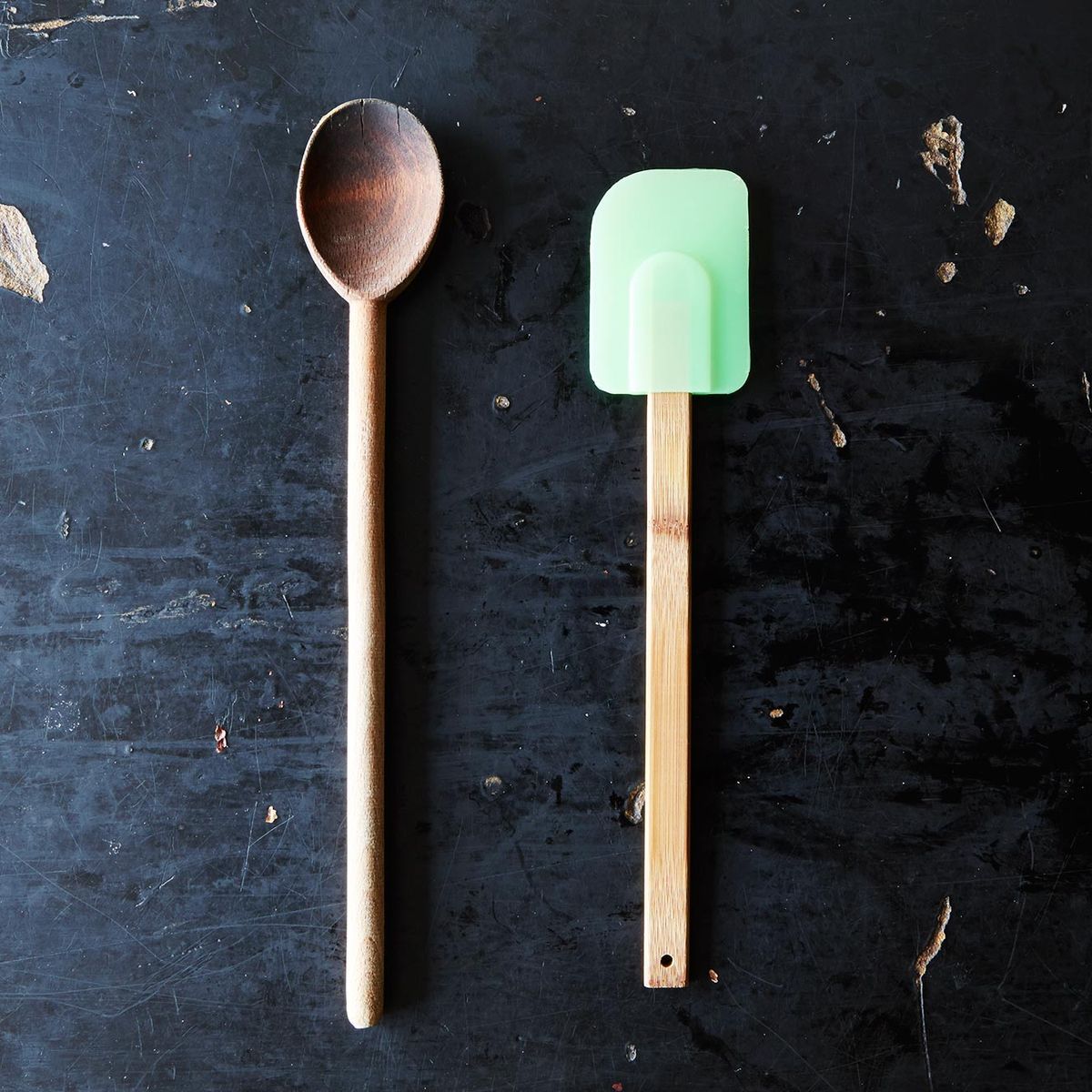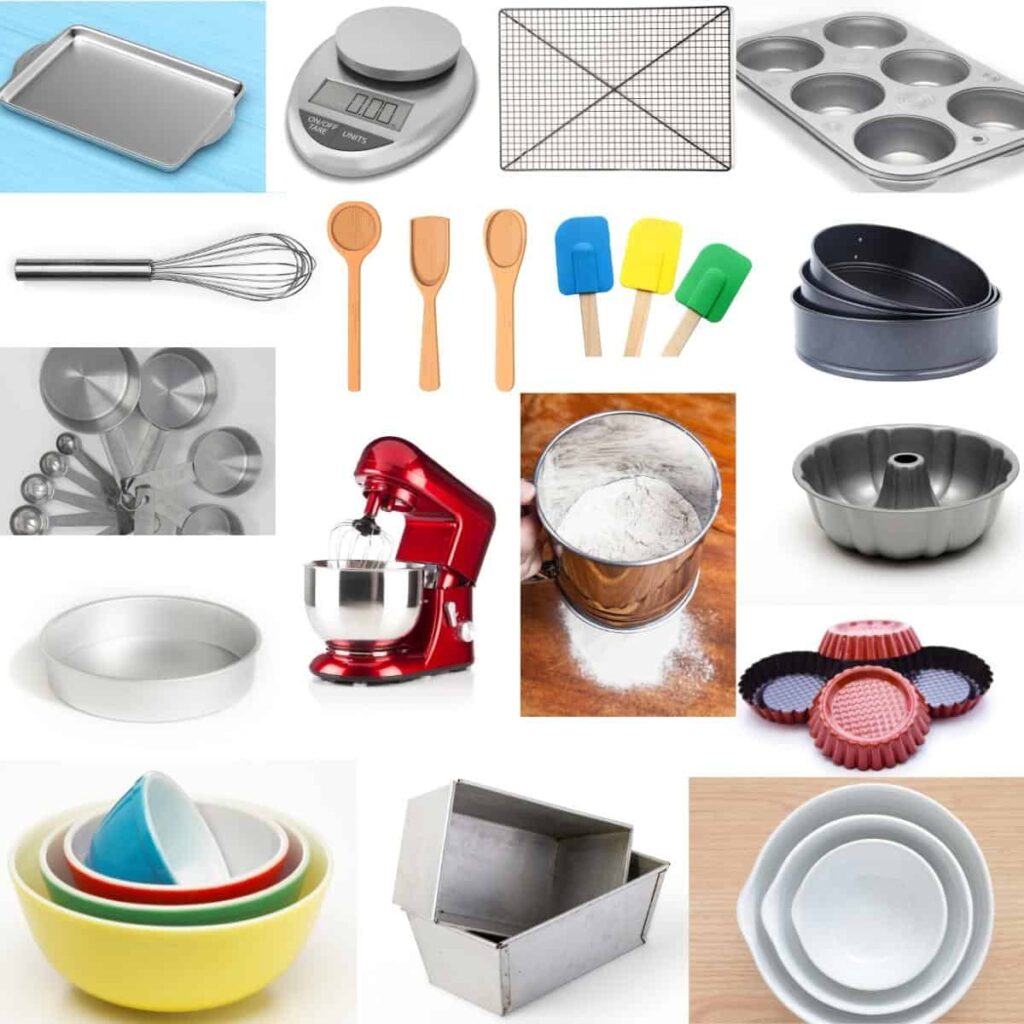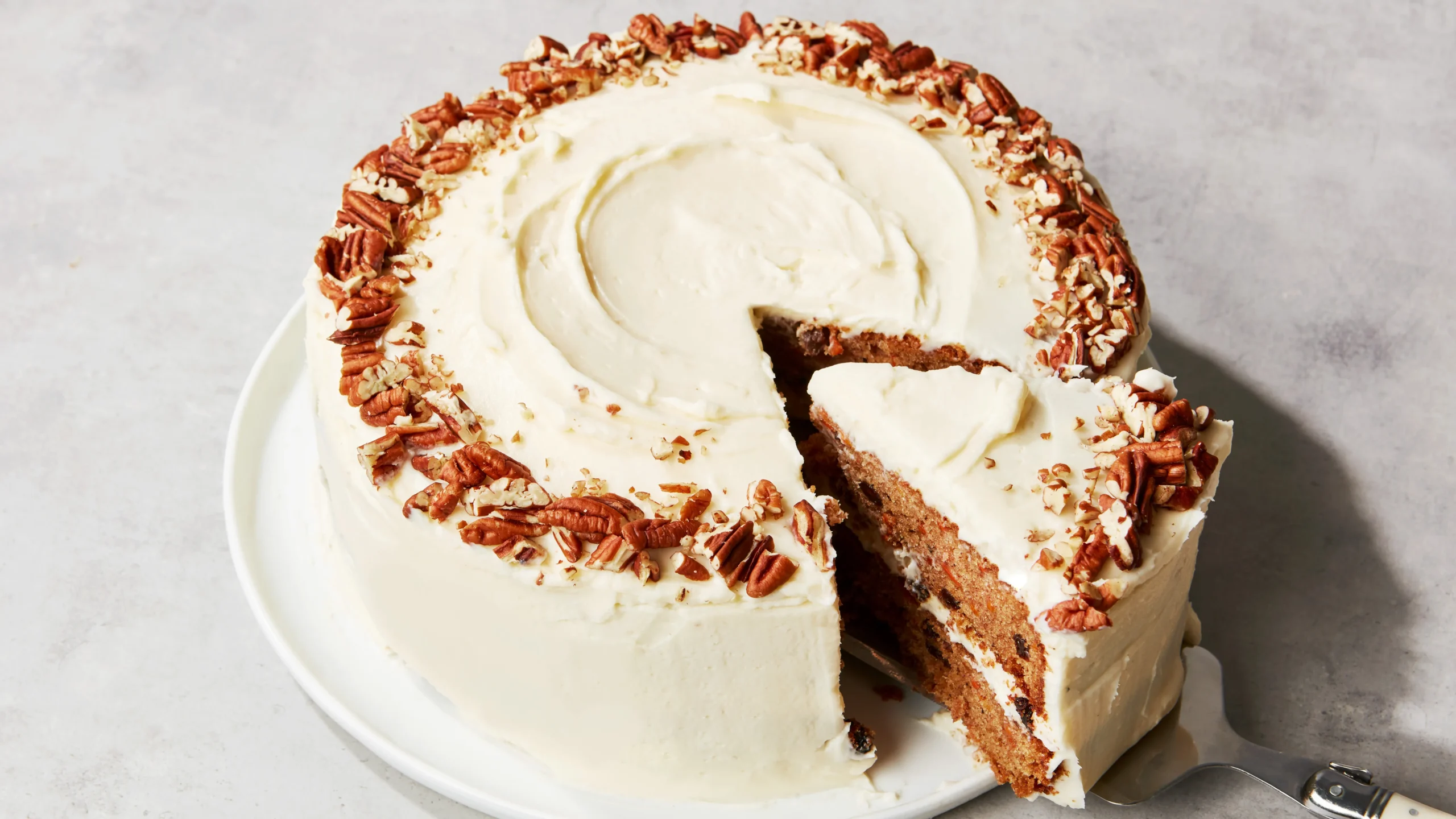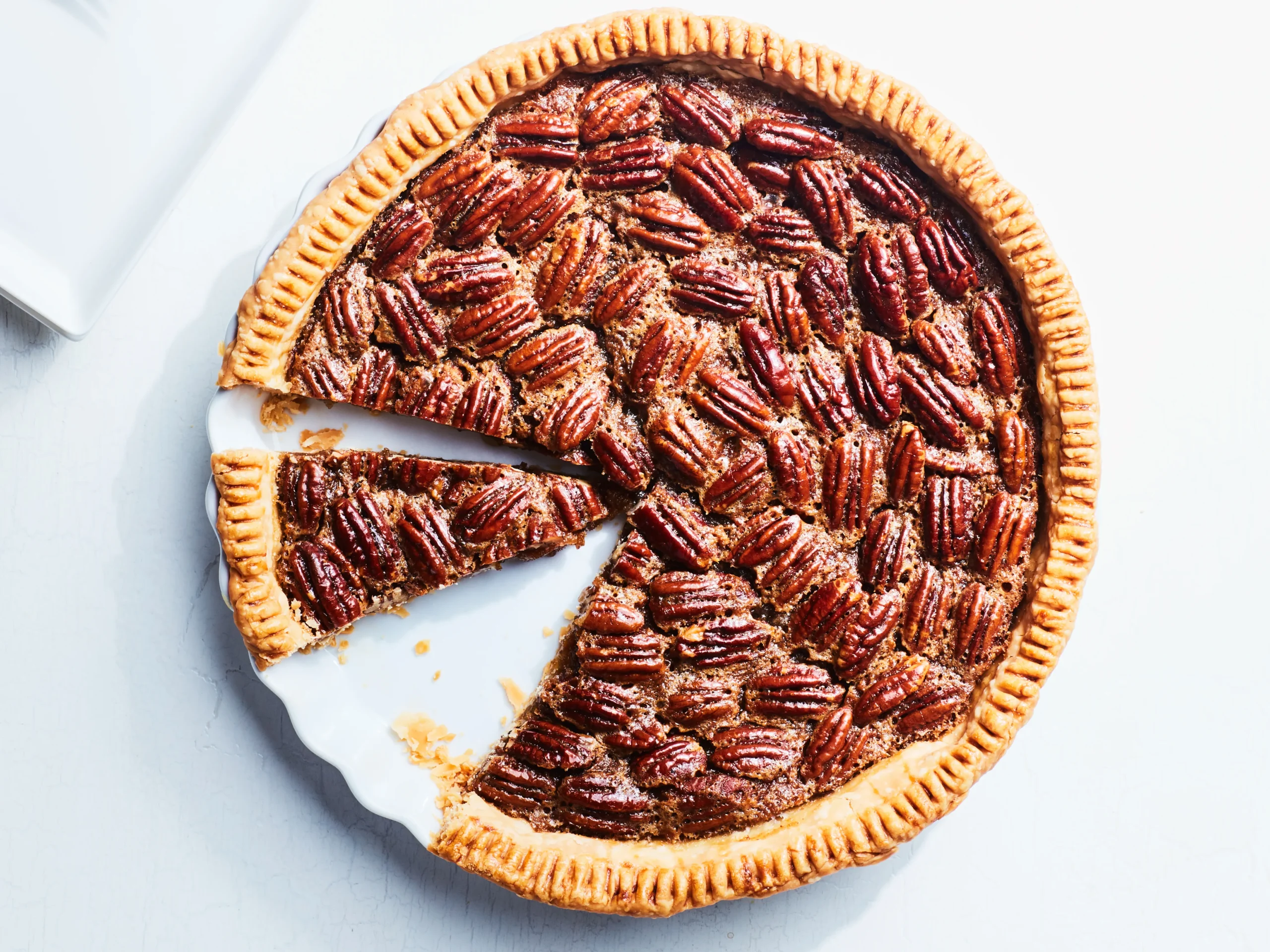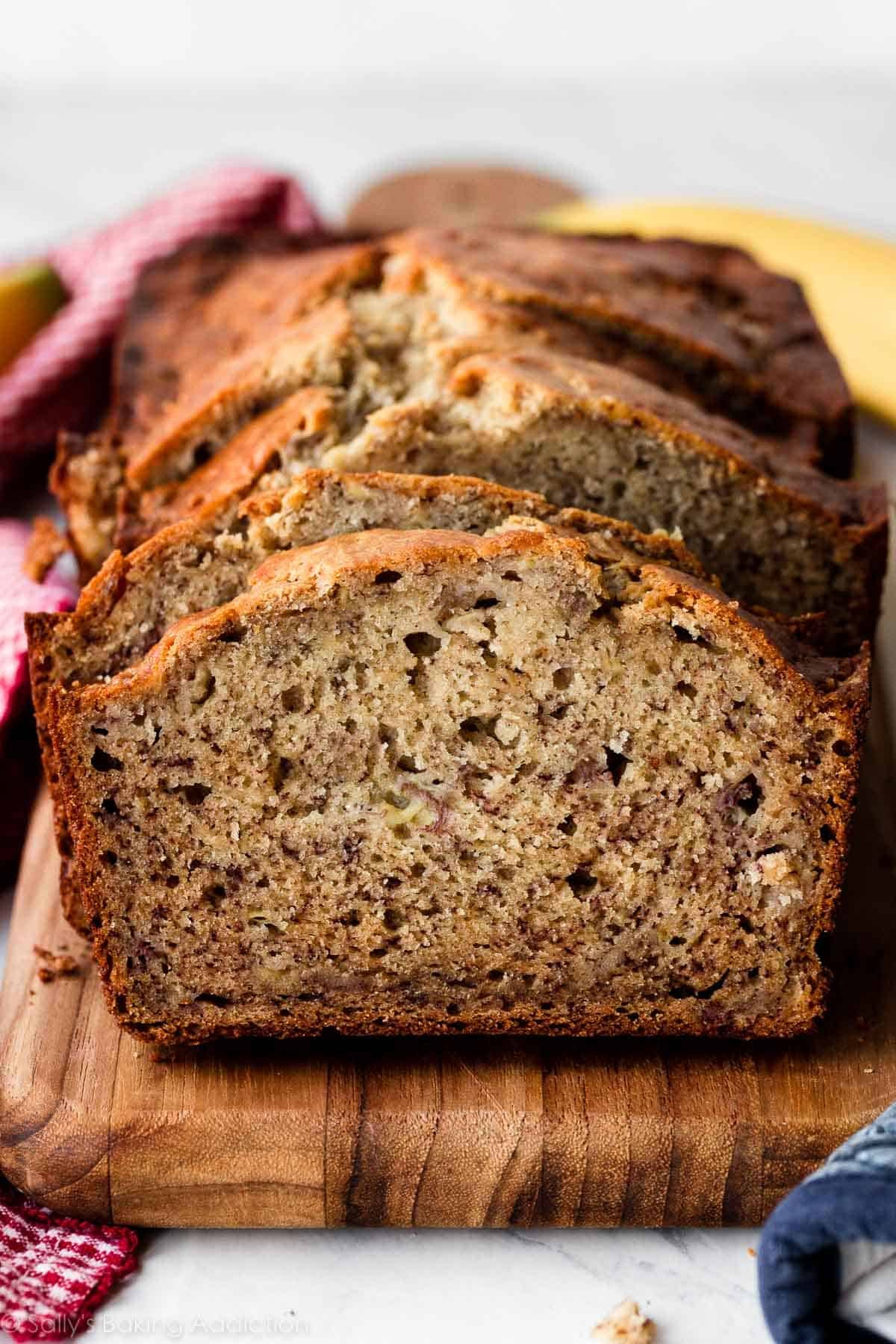Wooden spoons and spatulas are essential kitchen tools used for stirring, mixing, and serving food. These utensils are made from natural wood materials, providing durability and heat resistance.
Wooden spoons have a long handle and a rounded head, while spatulas have a flat, broad head with a slightly curved edge. They are commonly used in cooking and baking to prevent scratching delicate cookware and are suitable for non-stick surfaces.
These utensils are versatile, easy to clean, and eco-friendly options for every home cook and chef. They offer a rustic and traditional feel in the kitchen and are a must-have for any cooking enthusiast. Explore the benefits and features of wooden spoons and spatulas for a delightful cooking experience.
Table of Contents
Choosing The Perfect Wooden Spoon Or Spatula
When it comes to cooking and baking, having the right tools is essential for success. Wooden spoons and spatulas are popular choices among home cooks and professional chefs alike due to their durability, versatility, and natural beauty. However, not all wooden utensils are created equal. To help you make an informed decision, we have highlighted the key factors to consider when selecting wooden spoons or spatulas.
Factors To Consider When Selecting Wooden Utensils
1. Material
The material used to make the wooden utensil greatly impacts its performance and longevity. In general, hardwoods such as maple, beech, cherry, or olive are preferred for their durability and resistance to warping or cracking. Softwoods, like pine, are less suitable as they can easily absorb liquids and become discolored or damaged over time.
2. Size and shape
The size and shape of the wooden spoon or spatula should match the intended purpose. For stirring, a spoon with a larger bowl is ideal, ensuring efficient mixing and preventing ingredients from splattering. Spatulas with thin, flexible edges are ideal for scraping the sides of bowls or flipping delicate foods. Consider the size of your cookware and the amount of food you typically prepare to guide your selection.
3. Handle design
The design of the handle plays a crucial role in the comfort and usability of the utensil. Look for spoons and spatulas with long, ergonomically shaped handles that provide a secure grip and help to keep your hands away from the heat. A comfortable handle ensures ease of use and reduces the likelihood of fatigue during prolonged cooking sessions.
4. Quality and durability
Quality and durability are paramount when selecting wooden utensils. Inspect the utensil for any cracks, splinters, or loose parts before making a purchase. Opt for utensils that have been finely sanded and treated with food-safe oil, as this enhances their durability and prevents the absorption of odors or flavors. High-quality wooden utensils can last for years with proper care.
5. Maintenance and care
Proper maintenance and care are essential to prolong the lifespan of your wooden spoons and spatulas. Avoid soaking them in water for prolonged periods or running them through the dishwasher, as this can cause the wood to swell or deteriorate. Instead, hand wash them with mild soap and warm water, and periodically apply a food-grade mineral oil to keep the wood moisturized and prevent cracking.
By considering these factors when choosing your wooden spoon or spatula, you can ensure that you have a reliable and durable kitchen tool that will assist you in creating delicious meals for years to come.
Benefits Of Using Wooden Spoons And Spatulas
When it comes to kitchen utensils, wooden spoons and spatulas are timeless classics that are loved by home cooks and professional chefs alike. Not only are they aesthetically pleasing, but they also offer numerous benefits that make them a must-have in any kitchen. If you’re wondering why you should consider adding wooden spoons and spatulas to your cooking arsenal, read on to discover the advantages of these natural and eco-friendly utensils.
Natural And Eco-friendly Option
Using wooden spoons and spatulas is a great way to embrace a more environmentally friendly lifestyle. Unlike their plastic or metal counterparts, wooden utensils don’t contribute to pollution or harm the planet. They are made from sustainable materials, ensuring that you’re using a renewable resource in your kitchen. Not only are wooden spoons and spatulas eco-friendly, but they also bring a touch of nature into your cooking space, adding warmth and a rustic charm to your culinary endeavors.
Non-toxic And Safe For Cooking
When it comes to cooking, safety should always be a top priority. Wooden spoons and spatulas are an excellent choice as they are non-toxic and free from harmful chemicals. Unlike plastic utensils that may leach chemicals into your food, wooden utensils offer peace of mind, allowing you to cook without worrying about potential health risks. Whether you’re stirring a simmering sauce or flipping delicate pancakes, wooden spoons and spatulas will never compromise the taste or safety of your dishes.
Gentle On Delicate Cookware
Wooden spoons and spatulas are known for their gentle touch on delicate cookware. Unlike metal utensils that can scratch non-stick surfaces or damage fragile pots and pans, wooden utensils provide a soft and smooth touch that preserves the integrity of your cookware. Whether you’re working with cast iron, ceramic, or Teflon-coated pans, wooden spoons and spatulas will help maintain their longevity, ensuring that you can enjoy your favorite kitchen tools for years to come.
Versatile For Various Cooking Tasks
No matter what culinary masterpiece you’re concocting, wooden spoons and spatulas are versatile tools that can handle a wide range of cooking tasks. From stirring, mixing, and tossing to scraping, folding, and serving, these utensils are up to the challenge. Their sturdy yet flexible nature makes them ideal for everything from sautéing vegetables to folding in whipped cream. With wooden spoons and spatulas in your kitchen, you’ll always have the perfect tool for whatever dish you’re preparing.
Caring For Wooden Spoons And Spatulas
Proper care and maintenance of your wooden spoons and spatulas are essential to ensure their longevity and optimal performance in your kitchen. By following a few simple steps, you can keep these kitchen essentials in top shape for years to come.
Proper Cleaning And Maintenance
When it comes to cleaning your wooden spoons and spatulas, handwashing is the best method to preserve their integrity. Avoid submerging them in water for long periods or using abrasive cleaners that can damage the wood. Instead, follow these steps:
- Use warm, soapy water to clean the utensils gently.
- Rinse thoroughly to remove any soap residue.
- Pat them dry with a clean towel.
Handwashing
Handwashing your wooden spoons and spatulas after each use is crucial to prevent the build-up of food particles and bacteria. By taking a few minutes to clean them properly, you not only maintain their hygiene but also extend their lifespan.
Drying Methods
After handwashing, it is important to dry your wooden utensils thoroughly. Leaving them wet or damp can cause the wood to warp or develop mold. To ensure proper drying, follow these tips:
- Avoid air-drying them in direct sunlight or near a heat source.
- Place them upright in a well-ventilated area to allow proper air circulation.
- If you prefer a quicker drying method, you can use a clean towel to dry them immediately after washing.
Oil Treatments
Periodically treating your wooden spoons and spatulas with food-grade oil helps to maintain their natural moisture and prevents them from drying out or cracking. Here are the steps to follow:
- Apply a thin layer of oil, such as mineral oil or coconut oil, to the utensils.
- Allow the oil to penetrate the wood for a few hours or overnight.
- Wipe off any excess oil and ensure they are fully dry before storing them.
Avoiding Common Mistakes
While caring for your wooden spoons and spatulas, it is important to avoid some common mistakes that can quickly damage them. Here are a couple of things to avoid:
- Soaking in water: Prolonged exposure to water can cause the wood to swell and potentially crack or warp.
- Exposure to extreme temperatures: Avoid leaving your wooden utensils near hot stovetops or in direct contact with open flames, as high temperatures can cause them to char or scorch.
Dishwasher Use
Using a dishwasher is not recommended for wooden utensils, as the high heat and harsh detergents can damage and warp the wood. To ensure the longevity of your wooden spoons and spatulas, always handwash them as mentioned earlier.

Credit: www.amazon.com
Cooking Tips With Wooden Spoons And Spatulas
Wooden spoons and spatulas are essential tools in every kitchen. They are versatile, durable, and great for both cooking and baking. In this section, we will share some valuable cooking tips using wooden utensils. From knowing when to use them to choosing the right tool for the job, and learning different techniques for stirring, flipping, and scraping, you’ll master the art of cooking with wooden spoons and spatulas in no time.
When To Use Wooden Utensils
Wooden utensils have many benefits and are suitable for various cooking methods. Here are some instances when using wooden spoons and spatulas is highly recommended:
- When cooking with non-stick pans: Wooden utensils are gentle on non-stick surfaces, preventing scratches and preserving the lifespan of your pans.
- When working with high heat: Unlike plastic utensils that can melt or metal utensils that can become hot, wooden utensils stay cool and won’t damage your food or cookware.
- When stirring delicate dishes: Wooden spoons provide great control and won’t break delicate ingredients like fish or vegetables while stirring.
Choosing The Right Tool For The Job
While wooden spoons and spatulas can be used interchangeably, different tasks may call for specific utensils. Here’s a quick guide to help you choose the right tool for the job:
| Utensil | Best Use |
|---|---|
| Wooden spoon | Perfect for stirring sauces, soups, and stews due to its deep bowl shape that helps scoop and mix ingredients effectively. |
| Spatula | Ideal for flipping delicate foods such as pancakes, eggs, and fish, thanks to its thin, flat edge that easily slips under the food. |
Techniques For Stirring, Flipping, And Scraping
Knowing the right techniques will make your cooking experience with wooden utensils even better. Here are some tips for stirring, flipping, and scraping:
- Stirring: Hold the wooden spoon or spatula with a firm grip and make smooth, circular motions across the bottom and sides of the pan to ensure even cooking and distribution of flavors.
- Flipping: Slide the spatula under the food gently, maintaining control and making sure it doesn’t break apart. Gradually lift and flip the food using a swift motion.
- Scraping: When scraping the bottom of a pan or bowl, use the flat edge of a wooden spoon or spatula to gather every bit of deliciousness. Avoid scraping too hard to prevent damage to the utensil or cookware.
By following these cooking tips and mastering the use of wooden spoons and spatulas, you’ll enhance your culinary skills and create mouthwatering dishes with ease. Enjoy the process and let the natural beauty and functionality of wooden utensils elevate your cooking experience!
Diy Wooden Spoons And Spatulas
Wooden spoons and spatulas have been kitchen staples for centuries, offering a natural and sustainable alternative to plastic utensils. Making your own wooden utensils not only allows you to create unique pieces but also gives you the satisfaction of using something handmade in your everyday cooking. In this guide, we will take you through the step-by-step process of carving your very own wooden spoons and spatulas, the tools and materials you’ll need, and some helpful tips for beginners.
Step-by-step Guide To Carving Your Own Wooden Utensils
Carving your own wooden utensils can be a rewarding and creative experience. Follow these steps to transform a plain block of wood into a functional and beautiful kitchen tool:
- Begin by selecting the type of wood you want to use. Hardwoods like maple, cherry, or walnut are ideal choices for their durability and resistance to moisture.
- Measure and mark the desired length of your utensil using a ruler or measuring tape.
- With a sharp carving knife or gouge, start shaping the handle of the utensil. Round off the edges gradually, creating a comfortable grip.
- Moving towards the working end of the utensil, shape the spoon or spatula head. Use light and smooth strokes to create a gradual curve that will make it easy to scoop or flip food.
- Fine-tune the shape and smooth out any rough edges using sandpaper of different grits. Start with a coarser grit and gradually move to finer ones for a polished finish.
- To protect the wood and enhance its natural beauty, apply a food-safe finish such as beeswax or mineral oil. Follow the manufacturer’s instructions for application and drying time.
- Once the finish has dried completely, your homemade wooden spoon or spatula is ready to use in your kitchen!
Tools And Materials Needed
To carve your own wooden utensils, you’ll need a few essential tools and materials:
| Tool/Material | Description |
|---|---|
| Carving knife or gouge | A sharp and sturdy blade designed for carving wood |
| Ruler or measuring tape | To measure and mark the desired length of the utensil |
| Sandpaper (different grits) | To shape and smooth the wood |
| Beeswax or mineral oil | A food-safe finish to protect the wood |
Tips For Beginners
If you’re new to wood carving, here are some tips to help you get started:
- Start with a simple design and gradually tackle more complex shapes as you gain experience.
- Choose wood with straight grain patterns for easier carving.
- Take breaks and work on small sections at a time to avoid strain.
- Invest in quality tools to ensure better results and longevity.
- Practice proper safety measures by wearing protective gloves and goggles.
- Join online woodworking communities or attend local workshops to learn from experienced carvers.
- Embrace imperfections as they add character to your handmade utensils.
Frequently Asked Questions For Wooden Spoons And Spatulas
How To Properly Clean Wooden Spoons And Spatulas?
Wooden spoons and spatulas should be washed with mild dish soap and warm water. Avoid soaking them in water for long periods of time, as it can cause the wood to warp. After washing, dry them immediately to prevent moisture from seeping into the wood and causing damage.
Are Wooden Spoons And Spatulas Safe To Use On Non-stick Pans?
Yes, wooden spoons and spatulas are safe to use on non-stick pans. Unlike metal utensils, wooden utensils won’t scratch or damage the non-stick coating. They are also heat resistant, making them an excellent choice for all types of cookware.
How Often Should I Oil My Wooden Spoons And Spatulas?
It’s recommended to oil wooden spoons and spatulas every few months or as needed. Apply food-grade oil (such as mineral oil or coconut oil) to the utensils, let it soak in for a few hours, and wipe off any excess oil.
This helps to keep the wood hydrated and prolong their lifespan.
Can Wooden Spoons And Spatulas Go In The Dishwasher?
It’s best to avoid putting wooden spoons and spatulas in the dishwasher. The harsh detergents and high heat can cause the wood to dry out, crack, or warp. Handwashing them with mild soap and warm water is the safest way to clean and maintain their quality.
Conclusion
Overall, wooden spoons and spatulas are essential tools that should not be overlooked in any kitchen. With their versatility, durability, and natural aesthetic, they offer a unique experience in cooking and baking. Whether you are a professional chef or simply enjoy spending time in the kitchen, these wooden utensils are a must-have.
Not only do they blend well with any kitchen decor, but they also provide the eco-friendly and sustainable solution we need in today’s world. So, why wait? Upgrade your kitchen with these timeless wooden utensils and elevate your cooking experience today.
